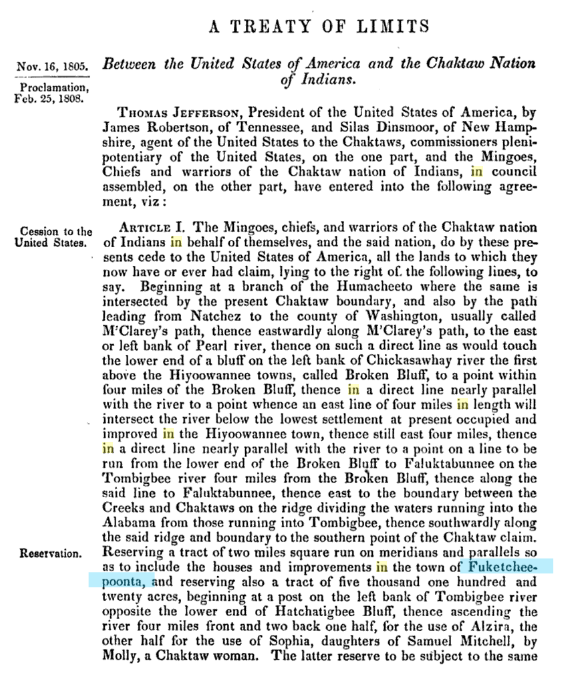Turkey! If I were you, and Choctaw, I would be asking some questions. You have been in just as many Choctaw stories as chokfi and loksi, maybe not as many as shawi or shokhata, but definitely more than shíki or fala, and without a doubt, more than aka̱ka. Aka̱ka—chicken?!
Turkey! You have been in these lands with Choctaw people for millennia. Your Choctaw name has appeared as the name of a town, a creek, and even in international treaties. Yet, modern Choctaw people have taken your name and replaced it with the name of a bird that isn’t even from this continent.
The ones in Oklahoma try to call you aka̱k cháha—tall chicken, and in Mississippi they call you aka̱k chito—big chicken. You might as well call yourself peacock. In fact, if we can’t get people to respect your true name, I’m putting in this name change for you: pikákholba. At least that bird still has enough self respect to strut its stuff like you.
tíma, v., to strut, as a turkey cock.
Don’t get me wrong; I am 100% in favor of your original name, as it has clearly been documented for centuries. So, as your advocate let’s just lay everything out right here, right now.
Your name in Choctaw, as written and defined in:
Byington’s Choctaw Language Dictionary, 1915:
fakit, a turkey, whether domestic or wild, named from one of its notes, which sounds like this name; other fowls have received names in the same way (117).
Watkins’ Choctaw Definer, 1892:
Turkey, n. Fʋkit; a gobler, fakit nakni, fʋkit homʋtti; a hen, faket tek; young turkeys, fʋkit ushi; half grown, fʋkit himmit hoa; a young gobler, fʋkit kucha̱kak (77).
Wright’s Chahta Leksikon, 1880:
fakit, fʋkit} n. a turkey (100).
Byington’s Definer, 1852:
turkey, fakit (34).
Turkey’s Choctaw name is a patently interesting word to hear, as are many of the fowl words spoken by Choctaw people. And the arguments I’ve heard against it are patently frustrating. It always comes down to blaming the younger generations for being immature, which is a form of shaming. But this same shaming has been documented since the 1800s, so if you still blame the younger ones, just remember it’s the Nahollos that were uncomfortable with your language, but now you blame yourself and every young generation before you for almost two hundred years, and that’s what’s called a colonized mind-being ashamed of offending the white man
Another argument has been to change the word and claim dialect difference. In all the years that I’ve searched for written variations on Turkey’s Choctaw name, it always starts with the letter F. Many Choctaw people that I know today claim they only heard the name with a different first letter, like P or T. I won’t contradict them but I constantly wonder why it was never written down those ways in the near 100 years of dictionary making represented above. There may be one exception that I’ll explore in a later post, but as far as I can find, the only documented variation of the sound of the word seems to be in the sound of the first vowel. As seen above, it’s written as “a” or “ʋ” which sound respectively as the “a” in father and the “a” in above. Go ahead and sound them out–fakit–and now–fʋkit.
It is no mystery why Turkey’s Choctaw name has been diminished to Big Chicken, and then removed, like our ancestors from the homeland. But now I call on you to help return it. Kí tíma chá i̱hohchifo falámah. Fakit i̱hohchifo a̱lhi achokmahnilih, í makáchánah.
This is going to be a three-part post, so I’ll finish part-one with a treaty, a removal treaty that didn’t remove Turkey’s name. It shows the text from the Treaty of Mt. Dexter, 1805. The blue highlighted word, written in this treaty between the Choctaw and the United States, is the name of a Choctaw town anglIcized into American English that translates as Little Turkeys.
